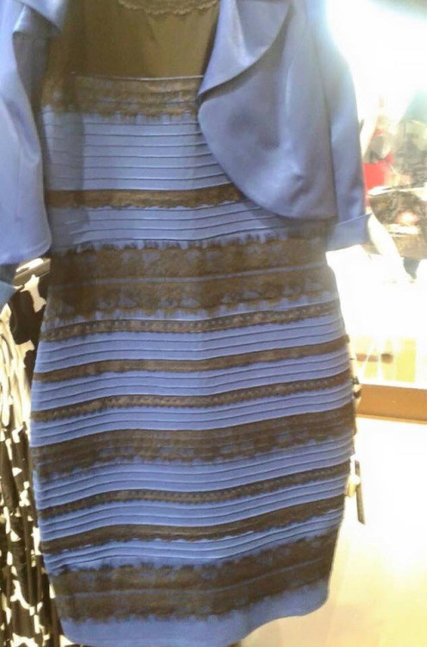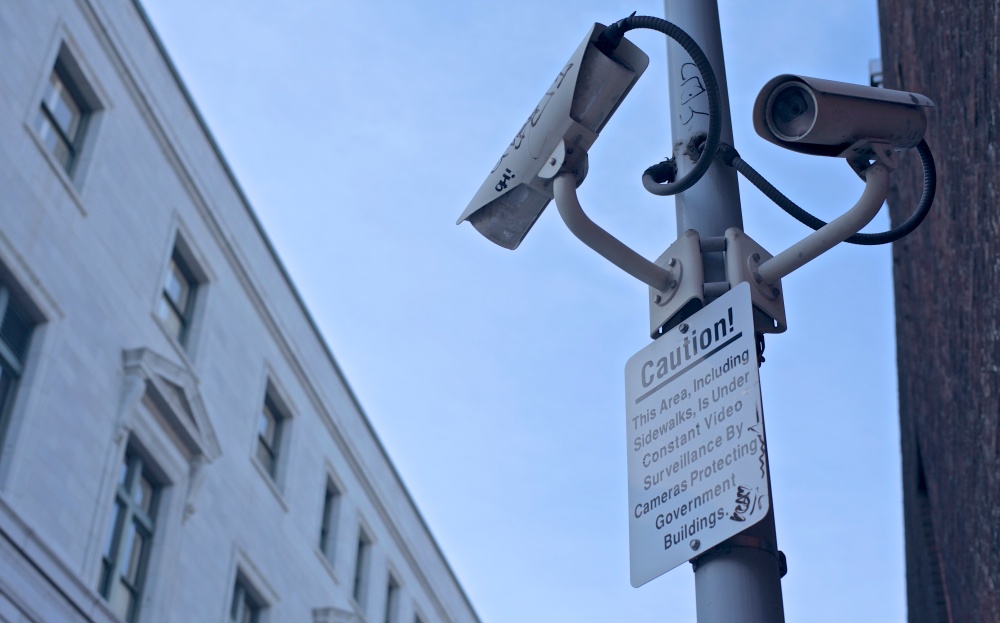 “The actual writing would be easy. All he had to do was to transfer to paper the interminable restless monologue that had been running inside his head, literally for years.”
“The actual writing would be easy. All he had to do was to transfer to paper the interminable restless monologue that had been running inside his head, literally for years.”
—George Orwell, 1984, on Winston’s decision to start a Diary
One of the major downsides to our digital age—in which communication increasingly happens vis-à-vis emoji, email, 140 characters, text messages, status updates, and the like—is that few people read books anymore. I mean, my generation is the one that birthed the concept of TL;DR for Christ’s sake. (That’s short for “Too Long, Didn’t Read,” which I’ve seen used in ways that suggest it is now cool to flaunt one’s inability to read and process too many words at once). That contrasts starkly with what I know about Ancient Rome and Greece, where one’s ability to recite huge quantities of information from memory (think Cicero) was seen as an art and something to be in awe of. And the only way you could memorize a text, of course, was to read it repeatedly. Fast-forward to the present, however, and the Pew Research Center reports that “[a]s of January 2014, some 76% of American adults ages 18 and older said that they read at least one book in the past year.” Put another way: nearly one-quarter of Americans do not read any books per year. Zero, zip, nada.
All of which is a relatively roundabout way of getting to my point: few people have actually read George Orwell’s 1984 front-to-back. (If you haven’t read it, do so now). I know this because anyone who has read the book in the past decade or so would notice many startling similarities between Winston’s fictional world and the present, which (presumably) would be both startling and disturbing to the modern reader. After all, Orwell’s book was supposed to be a critique of the evil Soviet Union—right? While that may have been true when he wrote it, that doesn’t mean it’s impossible (or wrong) to find connections between 1984’s Oceania and 2015’s America. And so, without further ado, let’s read through some quotes I’ve pulled directly from the novel and you can judge for yourself whether—and to what degree—they apply to your country today. (For Generation TL;DR, note that the quotes below provide an accurate synopsis of the themes discussed in the novel, so it’s kinda like you read the whole thing!).

“There was of course no way of knowing whether you were being watched at any given moment. How often, or on what system, the Thought Police plugged in on any individual wire was guesswork. It was even conceivable that they watched everybody all the time.”
I’m trying to figure out how people can distinguish between the quote above and the modern era of rampant NSA/GCHQ surveillance, but I just can’t do it. Do you have any way of knowing whether your emails, calls, and social media use are being monitored? No—you don’t.
“Parsons was Winston’s fellow employee at the Ministry of Truth. He was a fattish but active man of paralyzing stupidity, a mass of imbecile enthusiasms—one of those completely unquestioning devoted drudges on whom, more even than the Thought Police, the stability of the Party depended.”
Similarly, the status quo today depends on most of us being “completely unquestioning devoted drudges.” The government tells us Russia is interfering with Ukraine, we believe it no questions asked. The government tells us NSA surveillance programs help stop terrorists, we believe it no questions asked. The government tells us Greece needs to accept austerity, we believe it no questions asked. The list goes on ad infinitum, and the stability of the system—in other words, the maintenance of the status quo—depends on us not questioning the official storyline.
“Winston could not definitely remember a time when his country had not been at war…”
I can’t. Can you?
“Why was it that they could never shout like that about anything that mattered? Until they have become conscious they will never rebel, and until after they have rebelled they cannot become conscious.” (emphasis in original)
That’s how I feel every time I see people shout and rally about relative trivialities—their favorite sports team, another St. Patrick’s day parade, another EDM concert, etc.—and then I notice those same people almost never shout about NSA surveillance, a drone war gone out-of-control, the affront to the rule-of-law that is Guantanamo Bay, etc.
“Perhaps a lunatic was simply a minority of one.”
I know the feeling 🙂
“The Party told you to reject the evidence of your eyes and ears. It was their final, most essential command.”
This is like when the government tells us “Yes, we are in an economic recovery” or “the economy is gaining strength now” when everyone who works for a living knows that isn’t true.
“To understand the nature of the present war—for in spite of the regrouping which occurs every few years, it is always the same war—one must realize in the first place that it is impossible for it to be decisive.”
Even though Obama tells us his plan is to “degrade and ultimately destroy” ISIS (whatever that means), he knows—and we should know too—that this is gobbledygook. You don’t really think the Global War on Terror (even though Obama no longer uses that term) is going to end anytime soon, do you?
“For if leisure and security were enjoyed by all alike, the great mass of human beings who are normally stupefied by poverty would become literate and would learn to think for themselves; and when once they had done this, they would sooner or later realize that the privileged minority had no function, and they would sweep it away. In the long run, a hierarchical society was only possible on a basis of poverty and ignorance.”
I submit that quotation without comment.
“The social atmosphere is that of a besieged city, where the possession of a lump of horseflesh makes the difference between wealth and poverty. And at the same time the consciousness of being at war, and therefore in danger, makes the handing-over of all power to a small caste seem the natural, unavoidable condition of survival.”
Regarding the second part of that quote, ask yourself how many times in recent years the government has expanded its power (drones, NSA surveillance, etc.) and has justified doing so under the theory their actions keep us safe in a time of danger.
“Even the official ally of the moment is always regarded with the darkest suspicions.”
Remember when the NSA spied on Angela Merkel and Germany? Remember when the NSA spied on the United Nations? Remember when the NSA spied on the European Union? Remember when the NSA spied on the Copenhagen climate change summit? Anyone remember any of that?
“Whatever the Party holds to be truth is truth. It is impossible to see reality except by looking through the eyes of the Party. That is the fact that you have got to relearn, Winston.”
Well, I guess I’m still working on that last part.
—Winston A.
Explore the Archives. Like my Facebook page. Follow me on Twitter.










